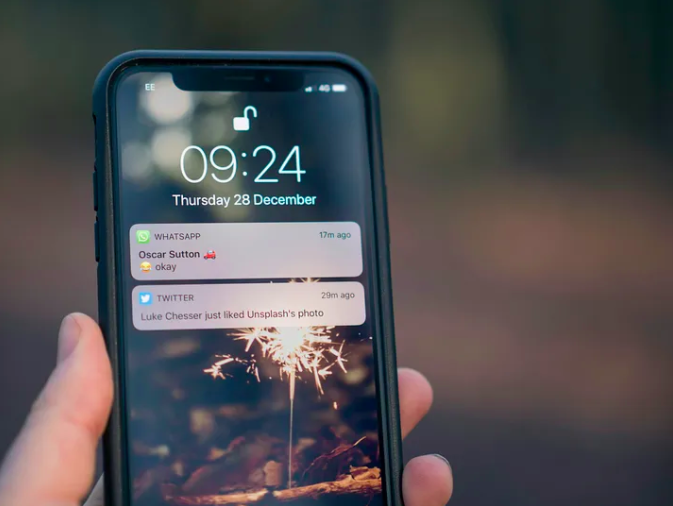Harnessing the Power of Twilio and Python for WhatsApp Messaging: A Beginner’s Guide Haris

In the realm of Python programming, the ability to integrate APIs seamlessly not only enhances the functionality of your applications but also broadens the scope of what you can achieve. One such API that opens up a world of possibilities is Twilio, a cloud communications platform that enables developers to build, scale, and operate real-time communications within their applications.
In this article, we'll delve into harnessing the power of Twilio alongside Python to facilitate WhatsApp messaging, catering to beginners eager to explore the realms of API integration and real-world application development.
Understanding the Setup
Before we embark on our journey, let's grasp the basics of our setup. Twilio offers a robust REST API that allows us to interact with various communication channels, including WhatsApp. To get started, you'll need to sign up for a Twilio account and obtain your Account SID and Auth Token, which serve as your credentials for accessing the Twilio API.
Sending WhatsApp Messages
With our Twilio account set up and credentials in hand, we can dive into sending WhatsApp messages programmatically using Python. Leveraging the `requests` library, we craft HTTP POST requests to Twilio's API endpoint, specifying essential details such as the sender's WhatsApp number (`from_number`), the recipient's WhatsApp number (`to_number`), and the message body. This simple yet powerful approach empowers us to automate message delivery with just a few lines of code.
Receiving WhatsApp Messages
The Easiest Way to Verify WhatsApp Phone Number
But our journey doesn't end there. We also explore the capability to receive incoming WhatsApp messages and process them within our Python applications. By querying Twilio's API endpoint via HTTP GET requests, we fetch the latest incoming message, enabling us to extract valuable information such as the sender's identity, message content, and timestamp. This bidirectional communication flow opens avenues for building interactive and responsive applications that engage users in real time.
Random Services
Blogs
What Should Not Be Done A...
After tooth extraction, what should be considered as well as what should not be done directly affect the healing process. Some important factors to avoid during this period are ...
Keepsake Gift Ideas for F...
You can buy the best gift for the person you love on this special day, which is celebrated with great enthusiasm every year. Buying a gift on these special days shows that you v...
WhatsApp CRM: how to inte...
It's personal, it's sticky, it's fun. WhatsApp is transforming CRM teams across Europe. But how can you integrate WhatsApp into your CRM? And why should you start doing WhatsApp...
How to Sign up for ChatGP...
ChatGPT is a popular AI tool that is useful to everyone. But how do you register without a personal number? Just use a virtual phone number for ChatGPT.
ChatGPT is an arti...
FAKE SNAPCHAT: 7 SHOCKING...
Fake Snapchat accounts are becoming more prevalent, posing unique user challenges and risks despite the many pros of Snapchat.
According to recent stats, approximately 20%...
Beautiful Words for Your ...
The best thing that will motivate your spouse throughout the day and on special occasions is your words. Every beautiful sentence you say for him will help your spouse look at l...



